Cats are very territorial animals, so they will fight each other to protect their territory or even gain more.
Except for other cats, your cat can be bitten by dogs or rodents.
Here you’ll learn which symptoms clearly show your cat is traumatized after the fight and how to help her to recover from such a traumatic event.
IN THIS ARTICLE:
Traumatized Cat Symptoms
First of all, if you suspect your cat has been involved in the fight, you should visit your vet, so he/she can examine the cat. The vet will carefully observe if your cat has any wounds, how’s your cat’s breathing, listen to her chest, gum’s color, etc.
Sometimes everything looks fine, but your cat acts weird.
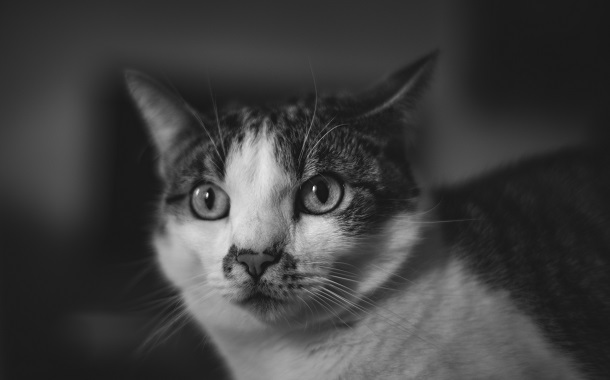

While the physical symptoms are easy to recognize (wounds, shaking,…), emotional symptoms are the ones that are tricky to detect.
These symptoms show your cat has been in a fight and that causes its weird behavior:
- Increased Attachment And Clinginess – This can happen immediately or a few weeks after the incident and this is one of the most common symptoms you can see. Many cats become attached to their owners after the incident. She is probably scared that she’ll end up in another fight and get hurt.
- Aggressive Behavior – This one is the opposite of the previous sign. Some traumatized cats can become aggressive. Often, this sign can be seen in cats that have been abused in the past. They just want to protect themself, even if they are now in a safe environment. Also, this kind of behavior can be seen in cats who had poor socialization when they were younger.
- Fearful And Startled – Traumatized cats can become more fearful and jumpy. Cats might get startled by situations that never before used to bother them. You might notice the cat trembling, shaking or cats shedding more than usual. All of these are responses to a traumatic event.
- Sudden Mood Swings – As we mention, cats can become aggressive, clingy and fearful, but there is another sign. They can flick between these emotions quite suddenly. This is a sure sign something’s wrong with your cat and she isn’t in control of her emotions.
- Disorientation – After the cat’s fight, disorientation and confusion are natural. Your cat can be in a daze for a while.
- Appetite Reduction – Loss of appetite can be a sign of trauma and illness. Traumatized cat is in “fight or flight mode”, so she is more focused on survival than on eating. Consequently, the lack of the right nutrients will make your cat lethargic and weak. If a cat refuses to eat and drink for 3 days, she is at severe risk of death.
- Failure To Use The Litter Box – It seems like they forget how to use their litter boxes. A cat can purposefully urinate anywhere to spread its pheromones. Avoiding using a litter box is a coping mechanism for your cat.
- Destructive Behaviors – These are some examples – excessive scratching at furniture or carpets, digging up the soil from your plants, chewing non-food items, etc. Also, these destructive behaviors often manifest in cats with separation anxiety.
- Increased Hiding – Cats that suffered from PTSD can hide for extended periods. They can avoid human interaction entirely. When hiding, cats try to avoid any danger and threats. Extremely distressed cats will hide more permanently, even if there are no stressful triggers.
- Excessive Vocalizations – Traumatized cats can make yowling crying sounds and they can be very loud. Often this vocalization can be unprovoked and cats just want to get your attention and support.
- Sleep Disturbances – This is one of the most common PTSD signs, so your cat’s mind will stay in its alert mode. Your cat can’t relax and fall asleep. Since sleep is a very big part of a cat’s life, it’s important to fix this problem as soon as possible.
- Extreme Escapism Behavior – It is normal for cats to hide or act startled due to stressful events. But traumatized cats will take the escapism behavior even further. They will try to avoid going anywhere and emotional triggers.
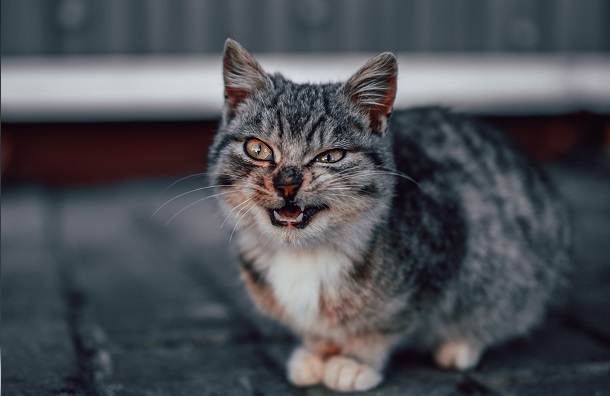

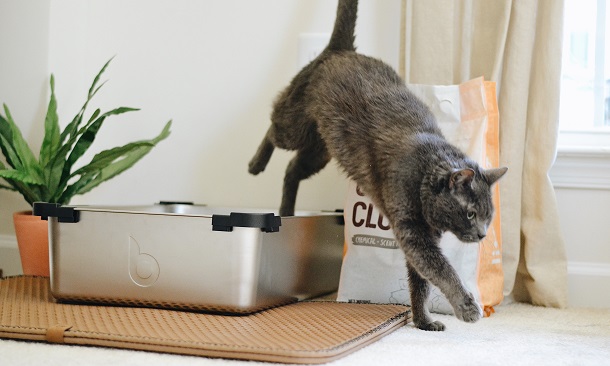

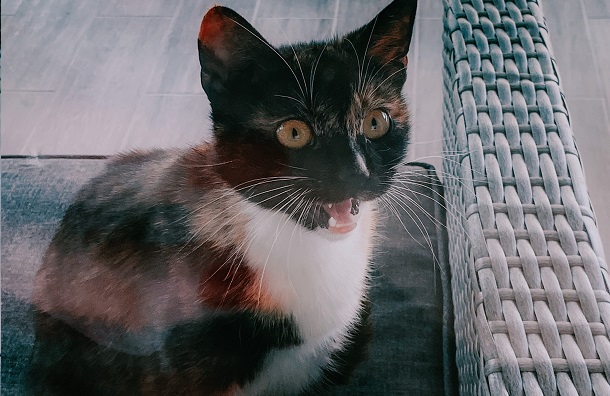

It is important to note that these symptoms might not manifest right away. Some cats will be unaffected emotionally, while others will suffer from PTSD and anxiety.
Why Do Cats Become Traumatized?
Fights are stressful no matter whether you’re a human or a cat. There is a fear of being injured, the adrenaline rush, the panic,… Unfortunately, a fight between cats will start a fight to the death, only ending if one of the cats is too injured to continue fighting or retreats.
They can get PTSD from that kind of stressful situation, just like humans.
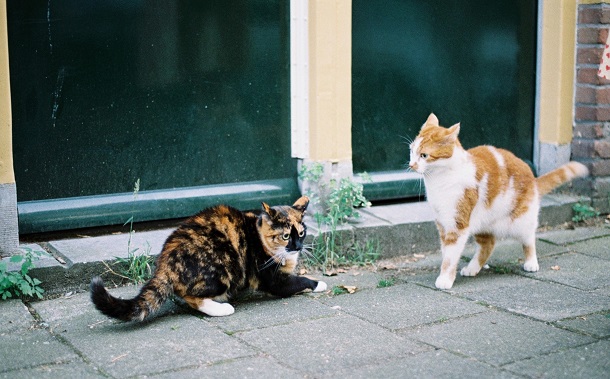

Cat Gone Missing After Fight
An injured cat may be missing after a fight, she can hide in silence to protect herself. That can be her protective mechanism. This behavior could be risky because you can’t check her condition and ensure adequate treatment.
What to do?
Go for a walk and keep calling your cat. Listen very carefully, maybe she’s stuck somewhere or just waiting to hear a familiar voice. Take her favorite treats with you. If you can’t find your cat for 2 days, put up her photographs around and ask neighbors if they saw her somewhere.
When you finally find your cat, an immediate trip to the vet is necessary.
Dog And Cat Fight
This can be very rough and lead to serious injuries for both cat and dog. Usually, the cat turns out injured. Especially if the dog is much bigger and more aggressive than a cat.
That is very stressful and your cat can be traumatized for months. After the attack, the cat could refuse to eat and move from her safe spot. She might be afraid of dogs for the rest of her life.
How Can You Help Traumatized Cat?
If you notice some of these symptoms, it is important to help your cat. That will reduce unwanted behaviors, such as aggression or destructive behaviors. There are some methods you can try to treat stress and anxiety.
Provide a Safe Space
Offer your cat a space in which she feels safe and try to create a calming environment. Here are some ideas you can try – pheromone therapy (help in lowering stress and relaxation), mental stimulation (ensure plenty of objects that will keep your cat mentally stimulated, that includes food puzzles) and hiding places (cats need those hiding spots to feel safe, for example – cat wall shelves, cardboard boxes).
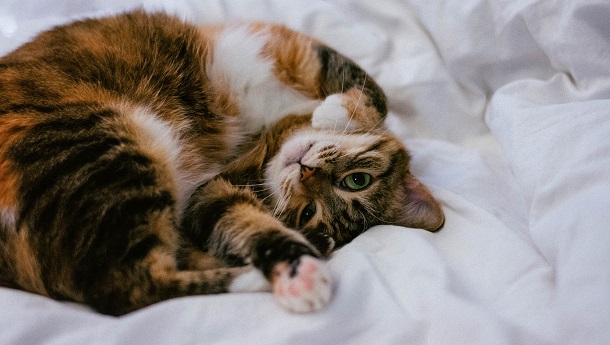

Desensitization And Counter-conditioning
A great way to relieve stress is through behavioral therapy. That includes desensitization and counter-conditioning. Desensitization is the process of exposing the cat to the things that they’re scared of. But, this needs to be done gently and gradually. Through time, the cat will learn there are no negative consequences when exposed to certain stimulants.
Counter-conditioning
It is the process of changing your cat’s response to a positive one. You can give your cat a treat every time she faced something that she fears. If you combine these two methods, they will give great results. However, it’s best to talk to your vet or animal behavior specialist and learn the techniques.
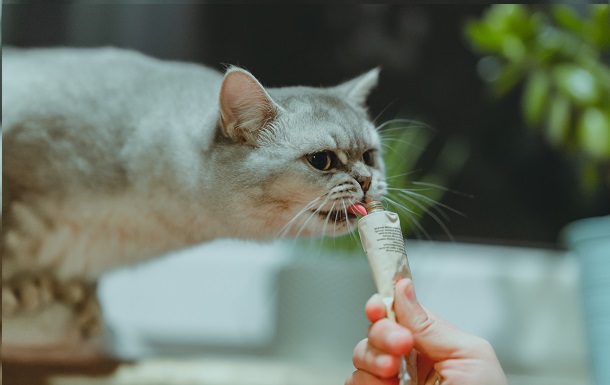

Prescribed Medication
In some cases, your vet may recommend pharmaceutical intervention. With prescribed medications, you’ll see a gradual improvement. Be aware that these medications can have side effects (for example, sleeping more than usual).
Keep Your Cat Indoors
We can assume that fights happen outside, so keep your cat indoors to prevent future fights and to make your cat feel safe.
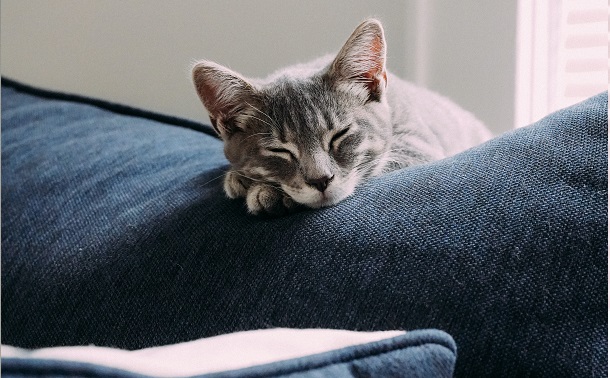

How Long Does It Take A Cat To Recover?
Your cat’s recovery from this traumatic event may take much more time than expected, so it is important not to force a cat to do anything or try to rush things. Therefore, give your cat enough time and support to recover fully. The woods you can see usually last for about 2 weeks but the woods inside your pet may last longer, depending on the character of your cat.
To Sum Up
We can’t communicate with our pets, therefore it’s very important to recognize when your cat behaves differently. Cat traumatized after the fight will show some signs and symptoms and you should understand them so you can react accordingly.


















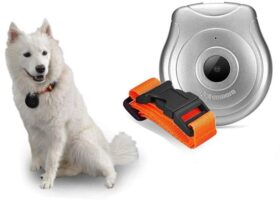

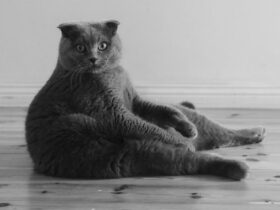

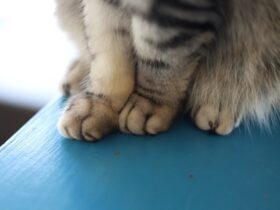



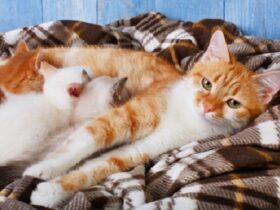

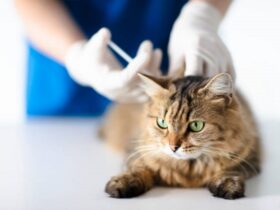





Leave a Reply